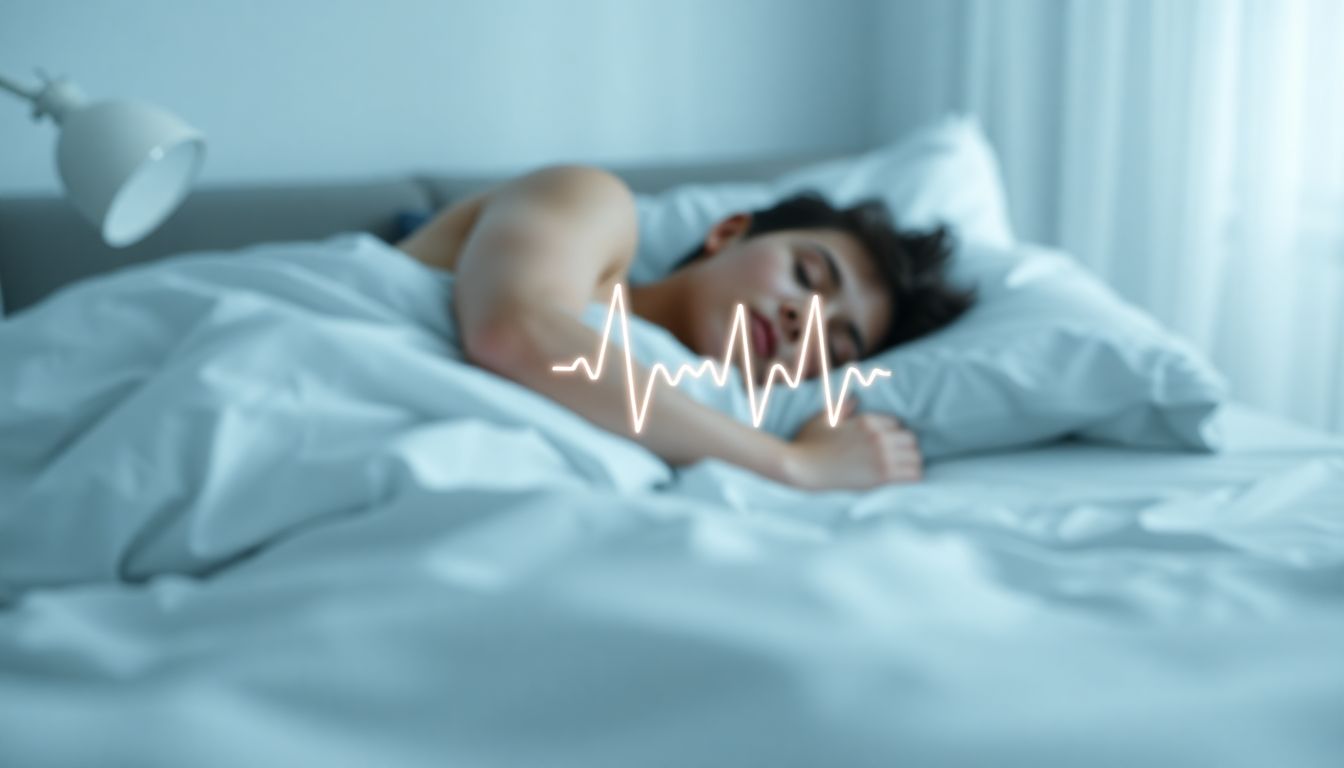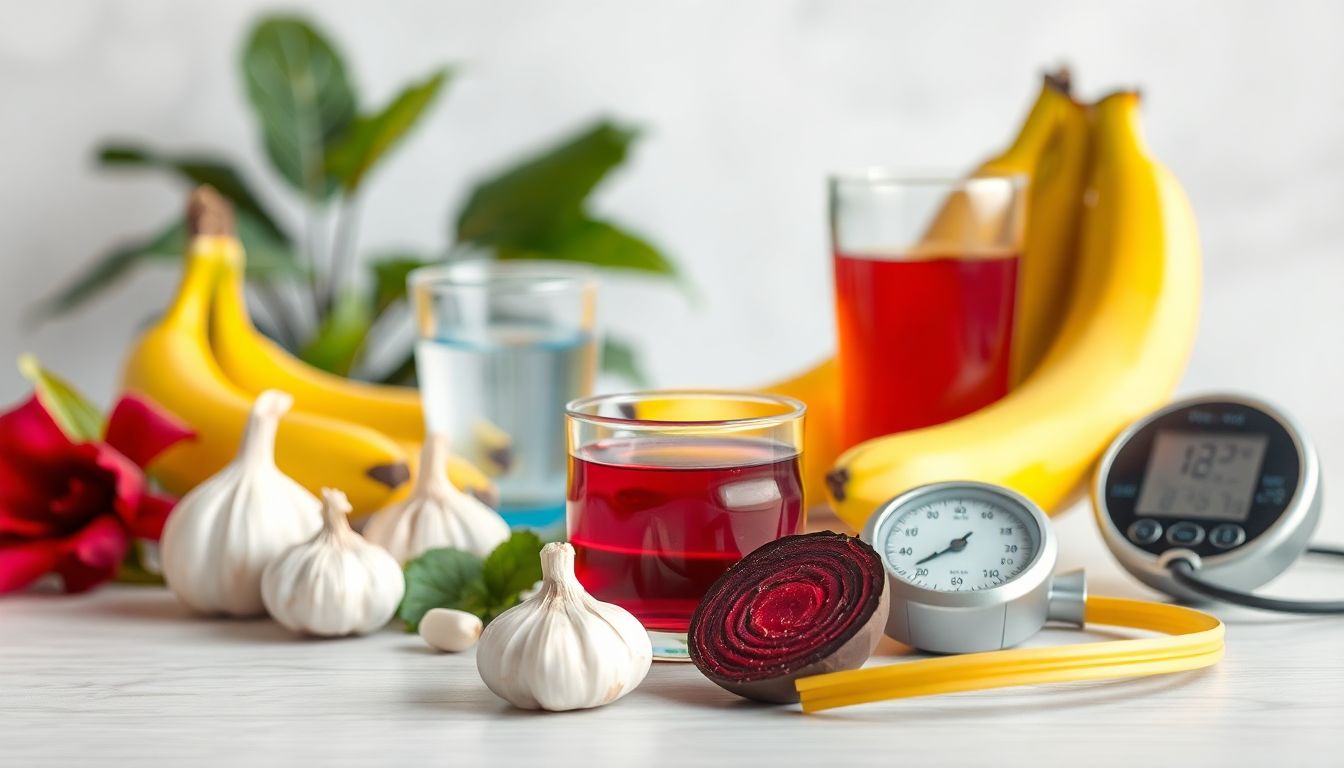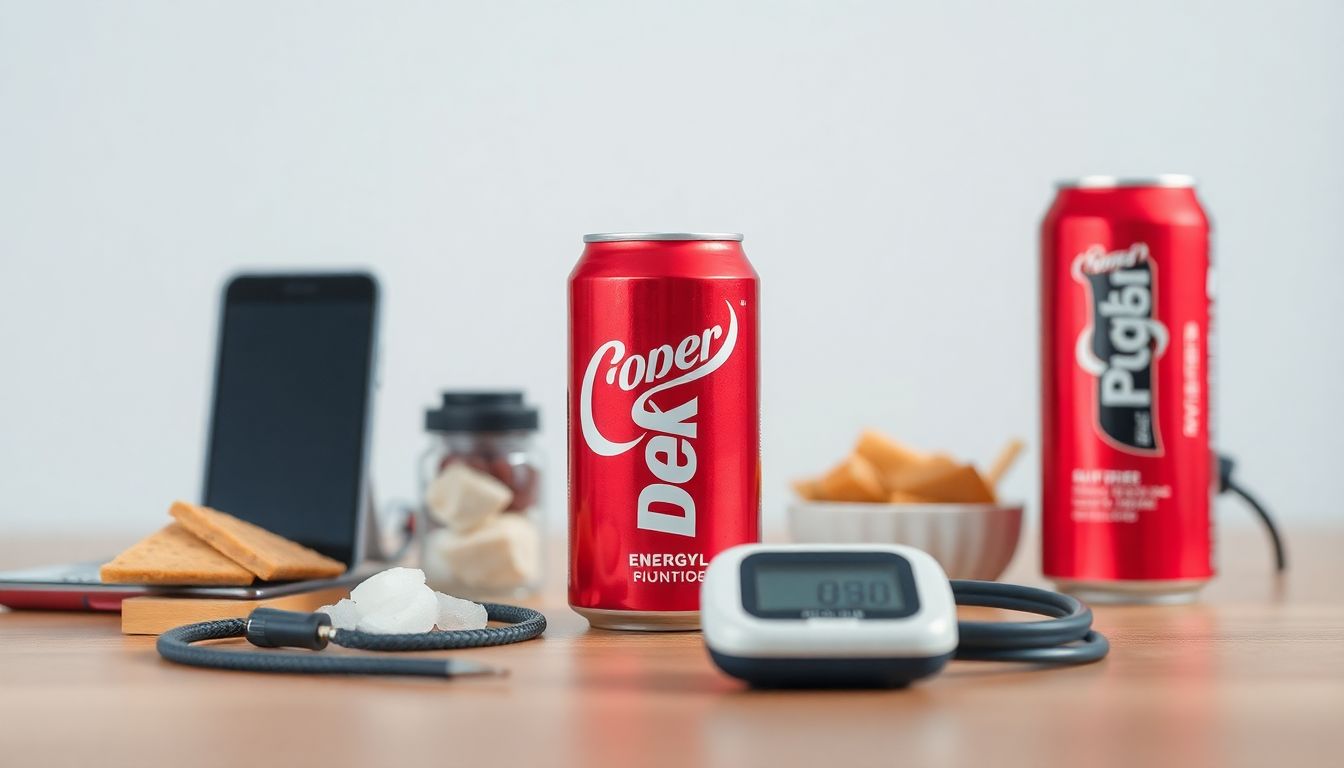Most people think of blood pressure as something controlled by food, exercise, or stress — but few realize that sleep plays a major role.
When you don’t get enough quality rest, your body’s natural rhythm breaks down. Hormones surge, blood vessels tighten, and your pressure stays elevated — even during the night.
In this article, we’ll explore the hidden link between blood pressure and sleep, the science behind it, and what you can do tonight to start improving both.
(Related Reading: The Complete Guide to Lowering Blood Pressure Naturally)
🧠 How Sleep Affects Blood Pressure
During deep sleep, your heart rate and blood pressure naturally drop — a process called “nocturnal dipping.”
This nightly recovery period allows your heart and blood vessels to rest and repair.
When sleep is short, shallow, or interrupted, this dip doesn’t happen.
As a result:
- Blood pressure stays elevated through the night,
- Stress hormones like cortisol and adrenaline rise, and
- Your arteries remain tense and inflamed.
Over time, this pattern can contribute to hypertension, heart disease, and stroke risk.
(Learn more: How Stress Affects Blood Pressure (and Natural Remedies That Work))
🌙 The Sleep–Heart Hormone Connection
Sleep controls the balance of several hormones that affect blood pressure:
| Hormone | Function | When Sleep-Deprived |
|---|---|---|
| Cortisol | Regulates stress and inflammation | Stays elevated, raising BP |
| Melatonin | Promotes relaxation and vascular repair | Decreases, causing tension |
| Aldosterone | Manages sodium and water balance | Increases, leading to fluid retention |
| Insulin | Regulates blood sugar | Becomes less effective, increasing BP risk |
💡 Simply put: poor sleep disrupts the body’s natural repair cycle — keeping your blood pressure higher 24/7.
💤 Common Sleep Problems Linked to High Blood Pressure
- Sleep Apnea
Interrupted breathing during sleep causes oxygen drops, triggering repeated stress responses and pressure spikes. - Insomnia
Chronic difficulty falling or staying asleep keeps stress hormones elevated. - Restless Sleep or Nighttime Awakenings
Even without apnea, frequent awakenings prevent the restorative stages of deep sleep.
(Also read: Morning Habits That Help Reduce High Blood Pressure)
🌿 How to Improve Sleep and Support Healthy Blood Pressure
🧘♀️ 1. Create a Relaxing Bedtime Routine
Wind down 30–60 minutes before bed with meditation, reading, or calming music.
Avoid screens — blue light suppresses melatonin.
☕ 2. Limit Caffeine and Alcohol
Caffeine can keep blood pressure elevated for hours, and alcohol disrupts REM sleep.
Try herbal teas like chamomile or hibiscus instead.
🕯️ 3. Optimize Your Environment
Keep your room cool, dark, and quiet.
A bedroom temperature around 18–20°C (64–68°F) supports deeper sleep.
💤 4. Go to Bed at the Same Time Each Night
A consistent sleep schedule helps regulate your internal clock and hormone cycles.
🌿 5. Try Natural Sleep & Circulation Support
Supplements like magnesium, saffron, and CoQ10 can promote relaxation and support heart function.
One example is BP Zone® by Zenith Labs, which uses these nutrients to enhance vascular health and nighttime recovery.
(Also read: Best Natural Supplements to Lower Blood Pressure)
⏰ How Long It Takes to See Results
You may notice better energy and calmer mornings within 1–2 weeks of improving your sleep habits.
Full blood pressure improvements often show up after 4–6 weeks of consistent quality rest.
(Learn more: How Long Do Natural Remedies Take to Lower Blood Pressure?)
❓ FAQs — Blood Pressure and Sleep
- Can lack of sleep raise blood pressure?
Yes — even one night of poor sleep can cause temporary increases in blood pressure. - Does high blood pressure affect sleep quality?
It can. Elevated blood pressure may cause nighttime restlessness or frequent urination. - How many hours of sleep do I need for healthy blood pressure?
Aim for 7–9 hours of uninterrupted sleep per night. - Does sleeping late affect blood pressure?
Yes — irregular sleep schedules can disrupt your body’s hormonal rhythm and increase BP. - Can naps help lower blood pressure?
Short naps (20–30 minutes) can reduce stress and mildly lower pressure, but deep nighttime sleep is most important. - Which sleeping position is best for high blood pressure?
Sleeping on your left side may improve circulation and reduce pressure on major blood vessels. - Can sleep apnea cause resistant hypertension?
Absolutely. Treating sleep apnea is essential for managing stubborn high blood pressure. - Does melatonin help lower blood pressure?
Yes, melatonin supports natural nighttime dips in blood pressure when taken in low doses. - What time should I go to bed for optimal heart health?
Studies suggest between 10 p.m. and 11 p.m. aligns best with cardiovascular repair cycles. - Can better sleep reduce the need for medication?
Improved sleep can lower blood pressure naturally, but never stop medication without your doctor’s guidance.
❤️ Final Thoughts
Good sleep isn’t a luxury — it’s a heart-health necessity.
When you sleep well, your blood vessels relax, your hormones balance, and your body repairs itself naturally.
By combining quality sleep with proper nutrition, stress management, and natural supplements, you can create the ideal environment for steady, healthy blood pressure day and night.
(Also read: The Complete Guide to Lowering Blood Pressure Naturally)











